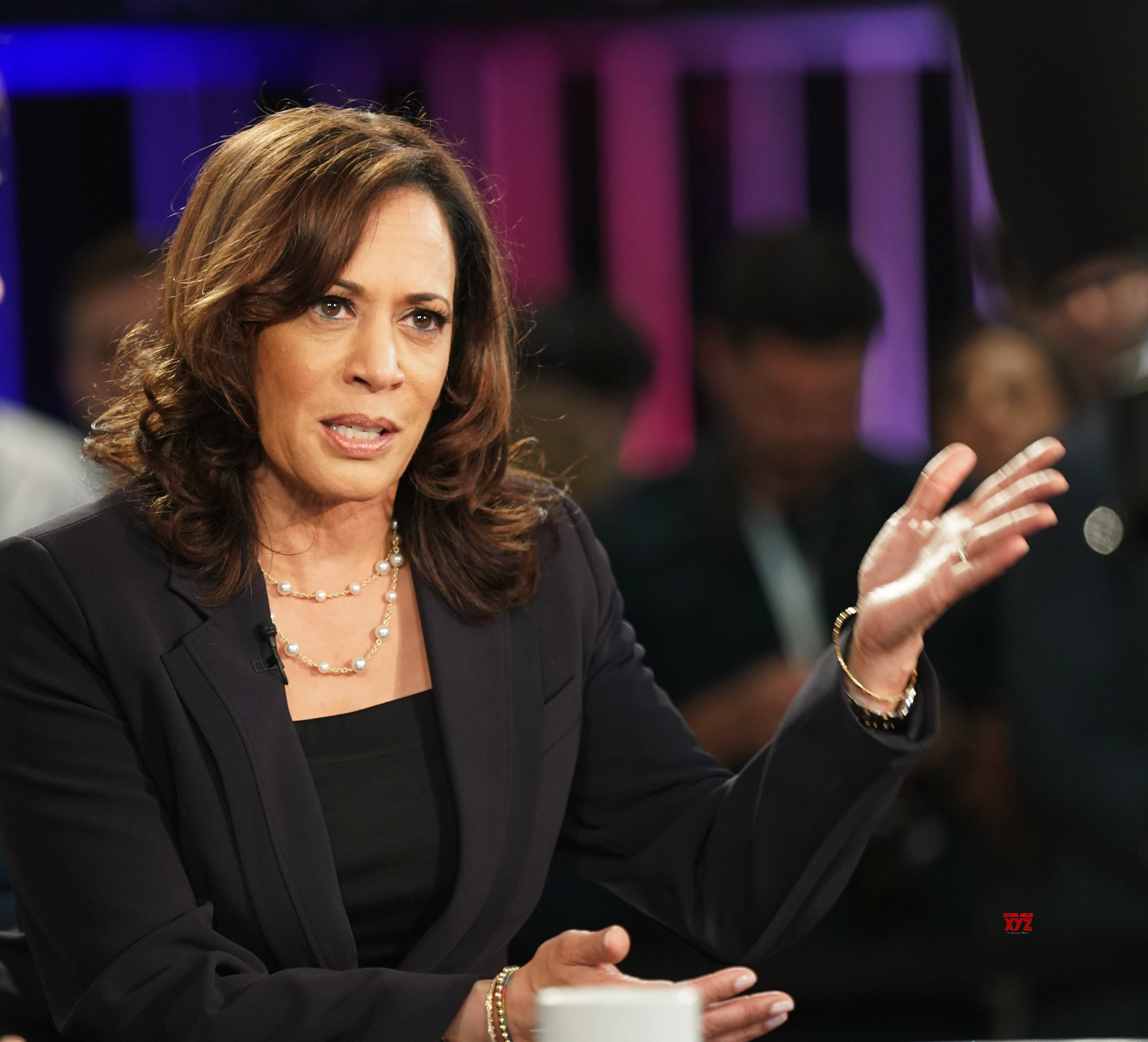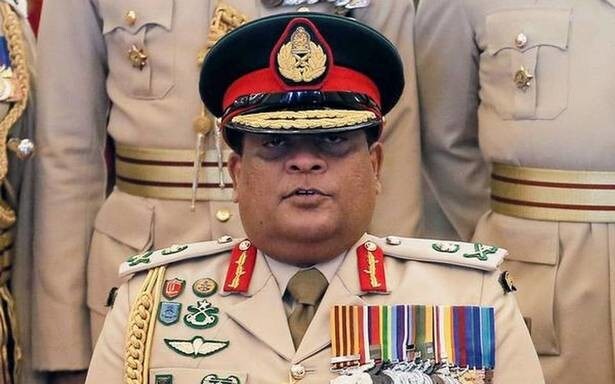
NEW YORK: When Dr Uma Mysorekar looks at the members of the new Congress, the Indian immigrant and practicing Hindu can see that, for the first time, there’s someone who shares her ethnicity and someone who shares her faith.
To her surprise, they are two different people.
Democratic Rep. Tulsi Gabbard of Hawaii is the first Hindu elected to Congress. Rep. Ami Bera of California, also a Democrat, is the third Indian-American to serve in the House of Representatives.
Gabbard, however, isn’t from India, where Hinduism originated and to which the vast majority of its adherents have ethnic ties.
Bera is a Unitarian. His two Indian-American predecessors in Congress, Dalip Singh Saund and Bobby Jindal, also were not practicing Hindus. The late Saund, a California Democrat elected in 1956, was Sikh. Jindal, a Republican elected to the House in 2004 and now Louisiana’s governor, is Catholic.
Gabbard’s presence in Congress creates an interesting moment for Hindus in the United States, a chance to celebrate a barrier broken but also a topic of discussion as they ponder how closely religion and nationality are entwined, or even should be.
Mysorekar is glad to see a practicing Hindu in the country’s halls of political power, no matter her nationality.
Gabbard “is a Hindu representative, it doesn’t matter where she came from,” said Mysorekar, president of the Hindu Temple Society of North America, a temple in the New York borough of Queens that is one of the country’s oldest.
As a non-Indian Hindu, Gabbard is most definitely an outlier.
According to an analysis issued last month from the Pew Forum on Religion & Public Life, there are about 1 billion Hindus in the world. Of those, 94 per cent are in India, and 99 per cent in the larger South Asia region. The analysis, based on data from 2010, the latest available, estimated the population of Hindus in the United States at 1.79 million.
Most are of Indian descent.

Hinduism encompasses a range of beliefs and practices, and there is no formal conversion practice. That acceptance of plurality in the faith, that Hindus come in many forms, would make it “hypocritical” for Indian Hindus to look askance at Gabbard for not sharing their ethnicity, said Smita Kothuri, 38, of McLean, Virginia.
“How can I hold it against her? I’d be untrue to my religion if I held it against her,” she said.
Other Indian Hindus agreed with the sentiment.
“I don’t think it makes a difference that she’s not Indian,” said Kinjal Dave, 17, a high school senior in Hillsborough, New Jersey. “I think it’s the faith that matters.” -AP






